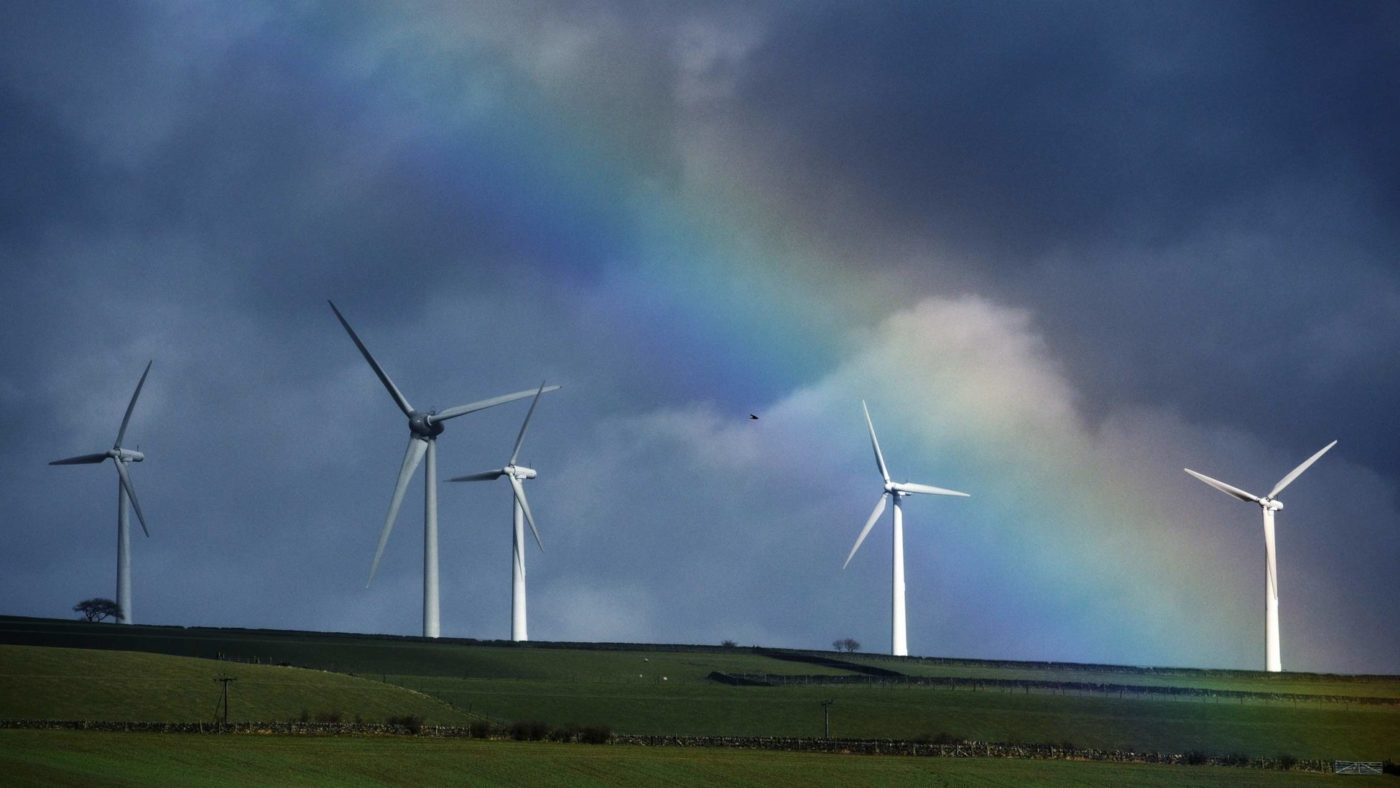It may sound like good politics for the Conservatives to draw links between Labour and Just Stop Oil, after all most people are not keen on blocked roads and everything doused in orange. Saying the ‘eco-zealots’ drew up Labour’s climate policy could strike fear in voters’ hearts.
The public are certainly not keen on the kind of protesters who threw orange confetti at newlywed George Osborne or disrupted the Ashes. Indeed, a YouGov poll shows half the population has an unfavourable view of those activists.
And the result of the Uxbridge and South Ruislip byelection, where vigorously opposing the expansion of ULEZ helped the Tories cling on to the seat, makes this tactic all the more tempting.
But polling suggests it is more the campaigners’ tactics than their message that the public takes issue with. And while some Tory MPs want to soften up or junk Net Zero, more than three quarters of voters polled at the May local elections backed target, while only one in five were against. Likewise, whilst ULEZ expansion was undoubtedly a live issue in Uxbridge, when you survey people about traffic in their local area, concern about air quality (55%) and congestion (62%) come out as the top concerns.
This overwhelming public support for policies to cut emissions is worth remembering as the parties ready themselves for an upcoming general election.
Nor does climate action have to be synonymous with ‘eco-zealotry’, not least as the Conservatives actually have a compelling record on the environment: decarbonising the electricity system, lowering the cost of renewable power generation and becoming the first country to establish a legally binding target for net zero.
When plotting the route to net zero, the Government will have to consider how best to keep the nation powered up. It is possible to produce abundant, cheap and clean energy in Britain; but the scourge of planning (as with many other areas of infrastructure) is perhaps the biggest road block to this.
There is also a deep disjunct between the views of Tory MPs and their constituents. For while almost two-thirds of Conservative MPs think their constituents would oppose new onshore wind. But this couldn’t be further from the truth. In fact, more than three-quarters (77%) support wind developments on British land. As former Communities Secretary Simon Clarke has noted: ‘It would be hugely regressive to block new onshore wind farms where local communities support them.’
There has been a suggestion from the Government that it could relax the moratorium on onshore wind. But we are still waiting for concreate plans on how it plans to review the planning rules, leading some Conservative MPs to take matters into their own hand.
So why don’t MPs reflect voters’ views? Perhaps it is the age-old problem of a loud minority making themselves heard above a quiescent majority. There’s also the possibility that misinformation is swirling in the Westminster bubble, we often see scaremongering headlines about the country being carpeted with turbines, despoiling our green and pleasant land. Not only is that lurid picture a gross exaggeration, but it underestimates people’s enthusiasm for producing cheap, renewable power here in the UK.
There is also a practical, long-term economic question. The OBR’s latest Fiscal Risk and Sustainability analysis shows if we maintain our current reliance on gas and the price instability we’ve seen over the last year remains, by 2050 it could add 13% to our debt as a proportion of GDP.
What’s more, a majority (47%) of public believe that renewable energy and clean technology are the most likely big economic growth areas. Most also are enthusiastic about the Government investing in green technology. When asked about Labour’s £28bn spending pledge, 45% said it was necessary, compared to 32% believing it to be reckless. Likewise, when asked about the Government backing Jaguar Land Rover’s plans for a Gigafactory in Somerset 53% backed the Government offering subsidies to attract investment.
This is perhaps the reason why we land on onshore wind and solar being the popular choice amongst the public. Fracking is far less popular; as of May this year 48% of voters opposed it, compared to 28% in favour. A recognition, perhaps, that compromise is need when it comes to energy infrastructure, with the public generally opting for the greener option where possible.
The broad lessons here is that climate action is not about splashing priceless paintings with tomato soup, bothering commuters or sprawling oneself on a snooker table mid-game. That is not a means to effect change, but a set of stunts which achieve nothing except antagonise the public in the name of a cause most of them already support anyway.
Real action is, rather, a combination of preservation and innovation. And now, as we build up to the next election, is the time for the Tories to show they haven’t dropped the ball.
Click here to subscribe to our daily briefing – the best pieces from CapX and across the web.
CapX depends on the generosity of its readers. If you value what we do, please consider making a donation.


